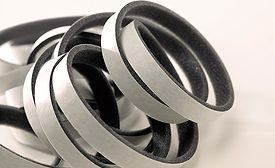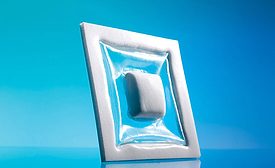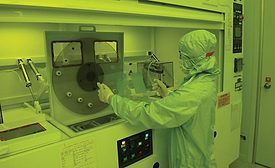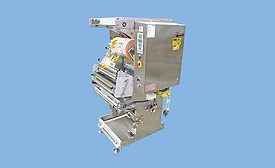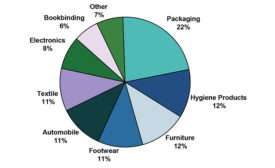Home » films
Articles Tagged with ''films''
Top 5 News that Sticks
Last week, news about 3M’s films business received the most reader interest.
Read More
Ashland, Mark Andy Launch Labeling Technology
Ashland Inc. and Mark Andy Inc. recently announced they have launched a film lamination technology.
September 19, 2016
3M to Sell Temporary Protective Films Business
3M recently has entered into an agreement to sell the assets of its temporary protective films business to Pregis LLC.
September 16, 2016
Window Film and Affordable Sustainability
Window film provides nearly all of the benefits of other green upgrades at a fraction of the cost.
May 2, 2016
Advancing Adhesives
Material Solutions for Medical Wearables
Films allow sensitive electronics to be directly embedded more efficiently.
May 2, 2016
Advancing Adhesives
Breakthrough Improvements in Touchscreen Production
A new manufacturing process allows touchscreens to be flexible, curved, 3-D or wearable.
February 1, 2016
Increasing Production Marketing, Uptime and Throughput in Packaging Applications
Automatic splicing machines can ultimately provide greater line profitability.
February 1, 2016
Top 10 ASI Market Trends Stories of 2015
Reports focused on adhesives and sealants in several end-use sectors drew a lot of interest.
December 1, 2015
Keep the info flowing with our eNewsletters!
Get the latest industry updates tailored your way.
JOIN TODAY!Copyright ©2025. All Rights Reserved BNP Media.
Design, CMS, Hosting & Web Development :: ePublishing


